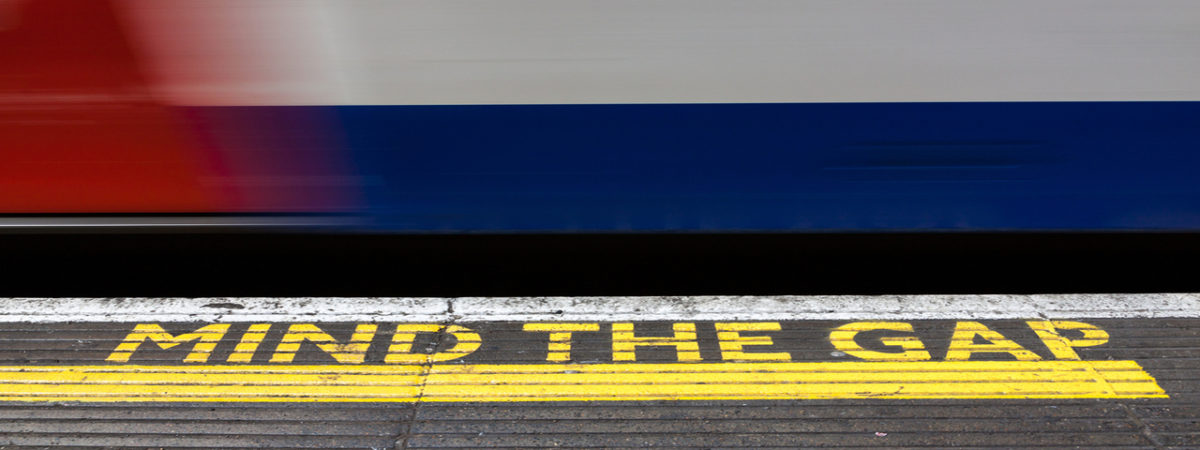Solo patrols: a huge step forward for the Metropolitan Police
SUGGESTED



For over a decade the IEA has been highlighting what works and what does not work in policing with:
● Visits by top US officers who have seen crime tumble;
● A special issue in December 2007 of its journal Economic Affairs on Policing A Liberal Society; and
● As recently as December 2008 an article in Economic Affairs by retired officer Roy Bailey entitled “The importance of solo patrol in policing a liberal society”.
In the lead article in “Policing a Liberal Society” I wrote:
Ed Davis achieved a 70% drop in crime in the late 1990s as head of the Lowell, Massachusetts, Police Department thanks to three major initiatives. Firstly, he decentralised his police force, opening small and highly visible police shops on city main streets, rather than having one massive and imposing police building. Secondly, he gave his officers control over their own “turf “: officers were regularly assigned to the same areas and were expected to take responsibility for them…[Davis] took officers out of their cars and put them on the streets on foot and on cycles – solo. He reports that the amount of low-grade but vital intelligence coming into his department exploded. Finally, he committed his officers to being preventive rather than reactive. Lowell’s officers were taught not only to see crime but also the conditions that allow it to flourish.
Later I added:
A US study has proved that solo car patrols are no more dangerous than working in pairs, possibly because police are more inclined to take risks when partnered. Police departments that have adopted this measure have improved their response time to officers who need assistance. In many areas in the UK, however, dangers to police are negligible, even if there is anti-social and low-grade criminal behaviour. Foot and bike officers can be sent on solo patrols too. The immediate benefit is that these officers, without the temptation of a fellow officer to talk to, now talk to the public…Solo patrols establish communication and trust, and the public not only feels more comfortable with a consistent and visible police presence, but also is more inclined to share information and tips that can lead to crime prevention and arrests.
Retired Officer Roy Bailey responded:
Blundell, in developing this theme, argues that foot and bike officers should also be deployed on solo patrols…This contrasts with the current position, where officers predominantly patrol in pairs, talking and interacting with each other and failing to engage meaningfully with the community. Not only does this practice lead to alienation from the public, it is also wasteful of scarce resources, effectively halving police presence. Solo patrols, conversely, would enable officers to establish communication and trust, leading to a greater degree of public confidence in the police. Such a visible and consistent police presence would also encourage the public to pass on vital information and intelligence, resulting in higher detection rates.
3 thoughts on “Solo patrols: a huge step forward for the Metropolitan Police”
Comments are closed.




I’m proud to say I’ve helped do my bit to promote these particular ideas.
At school we were asked by a policeman coming in for a public consultation on better policing policies what could be done.
I piped up with exactly the stuff I’d read in your policy document.
He took a great interest in it.
…of course I individually probably had no significant effect on this new policy, and nowhere near as much as you did, but maybe it helps for them to hear it from all-sorts in the same way as writing to an MP is meant to.
I’m proud to say I’ve helped do my bit to promote these particular ideas.
At school we were asked by a policeman coming in for a public consultation on better policing policies what could be done.
I piped up with exactly the stuff I’d read in your policy document.
He took a great interest in it.
…of course I individually probably had no significant effect on this new policy, and nowhere near as much as you did, but maybe it helps for them to hear it from all-sorts in the same way as writing to an MP is meant to.
I am interested in the program.